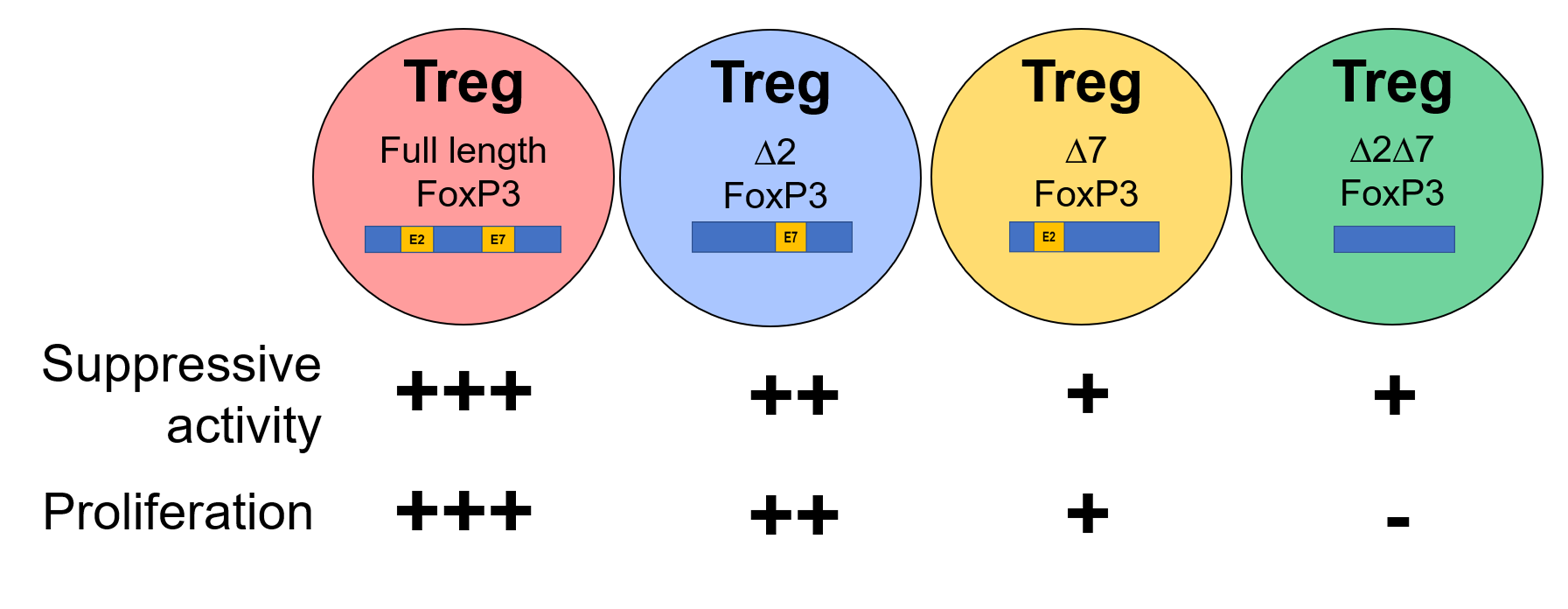A reporter's PressPass is required to access this story until the embargo expires on 15-Apr-2024 5:00 PM EDT The Newswise PressPass gives verified journalists access to embargoed stories. Please log in to complete a presspass application. If you have not yet registered, please Register. When you fill out the registration form, please identify yourself as a reporter in order to advance to the presspass application form.
Not for public release
This news release is embargoed until 15-Apr-2024 5:00 PM EDT
Released to reporters: 9-Apr-2024 2:00 PM EDT






.jpg&width=400&height=400)
































